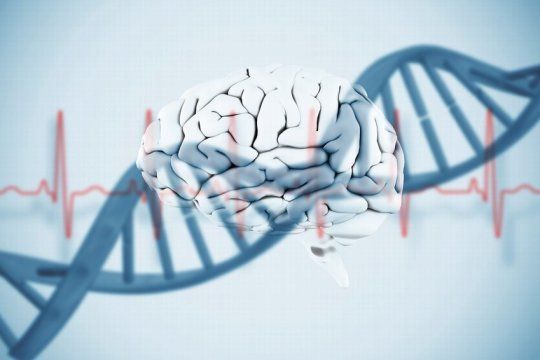Over millions of years retroviruses have been incorporated into our human DNA, where they today make up almost 10 per cent of the total genome. A research group at Lund University in Sweden has now discovered a mechanism through which these retroviruses may have an impact on gene expression. This means that they may have played a significant role in the development of the human brain as well as in various neurological diseases.
Retroviruses are a special group of viruses including some which are dangerous, such as HIV, while others are believed to be harmless. The viruses studied by Johan Jakobsson and his colleagues in Lund are called endogenous retroviruses (ERV) as they have existed in the human genome for millions of years. They can be found in a part of DNA that was previously considered unimportant, so called junk-DNA — a notion that researchers have now started to reconsider.
“The genes that control the production of various proteins in the body represent a smaller proportion of our DNA than endogenous retroviruses. They account for approximately 2 per cent, while retroviruses account for 8–10 per cent of the total genome. If it turns out that they are able to influence the production of proteins, this will provide us with a huge new source of information about the human brain,” says Johan Jakobsson.
